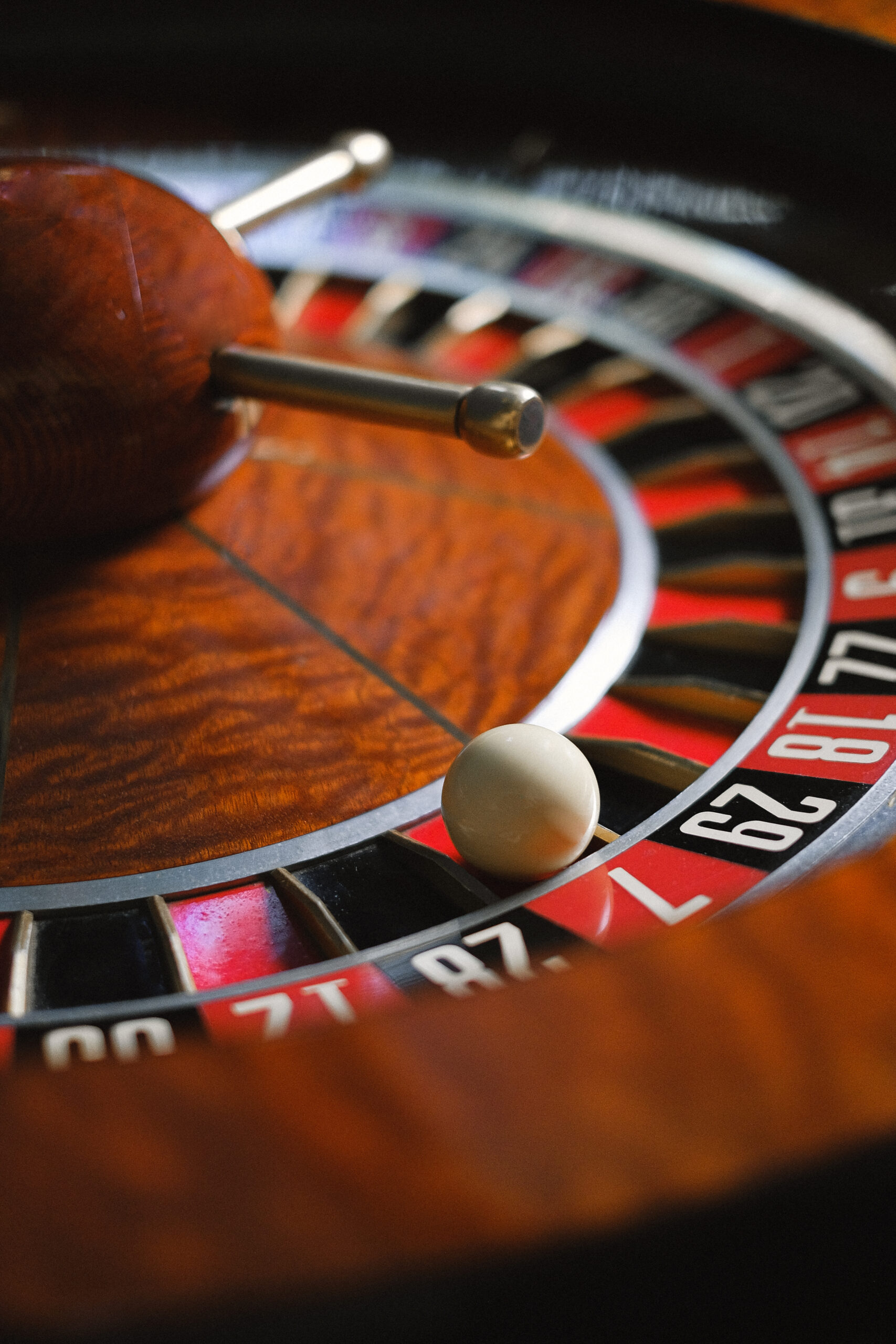Nowadays, there are plenty of online casino establishments where you can spend time enjoying some of the most entertaining games, as well as enjoy custom casino promotions that can help elevate your experience tenfold. But as you may already know, casinos are businesses and every business needs to make money in order to thrive.
Casinos make money by offering games that have a built-in house edge. This means that the casino always has a mathematical advantage over the player, and over time, this will ensure that the casino always comes out ahead.
There are a few different ways that casinos can create this house edge. One of the most common ways is through various means where the may offer games with lower payout rates than the odds of winning would suggest. For example, in roulette, the odds of hitting a specific number are 37 to 1. However, most roulette wheels only pay out 35 to 1 on a winning bet, meaning there is a 2 to 1 house edge.
Another way that casinos create a house edge is by offering games with complex rules that are difficult for players to understand. For example, many blackjack games use multiple decks of cards, which makes it difficult for players to count cards and get an accurate idea of their chances of winning.
Ultimately, no matter what game you’re playing, it’s important to remember that the casino always has an advantage.
The house edge in casinos: what It Is and how you can use it to your advantage
The house edge is a term used in gambling that refers to the advantage the casino has over the player. It is the percentage of each bet that the casino expects to keep, on average.
The house edge is not to be confused with the “payout percentage.” The payout percentage is the percentage of total bets that the casino pays out in winnings. For example, if a casino has a 97% payout percentage, then for every $100 wagered, $97 will be paid out in winnings.
The house edge is calculated by taking the total amount of money wagered and subtracting from it the total amount of money paid out in winnings. The difference between these two numbers is what gives the casino its advantage, or “edge.”
How can gamblers minimize the house edge?
The house edge is the percentage of each bet that the casino expects to keep over the long run—thousands or even millions of bets. The higher the house edge, the worse the odds are for the player. If you’re playing a game with a 5 percent house edge, that means you can expect to lose, on average, five cents out of every dollar you bet at the casino.
There are a few things gamblers can do to minimize the house edge:
-Choose games with a low house edge. Games like blackjack and video poker have some of the lowest house edges.
-Play online. Online casinos generally have lower overhead costs than brick-and-mortar casinos, so they can offer better odds and lower house edges.
Casino Games with the Smallest House Edge: Your Best Odds of Winning
Blackjack: Blackjack is a game with fairly simple rules, and the player can use basic strategy to minimize the house edge. With proper play, the house edge can be as low as 0.5%.
Craps: Craps is another game with fairly simple rules, and it offers players a number of ways to bet. The Pass Line bet has a low house edge of 1.41%, while other bets have a higher house edge.
In short, casinos make money by taking advantage of gamblers’ naivete.
Hi, I am Adam Smith, Admin Of TechSketcher, Creative blogger and Digital Marketer.
